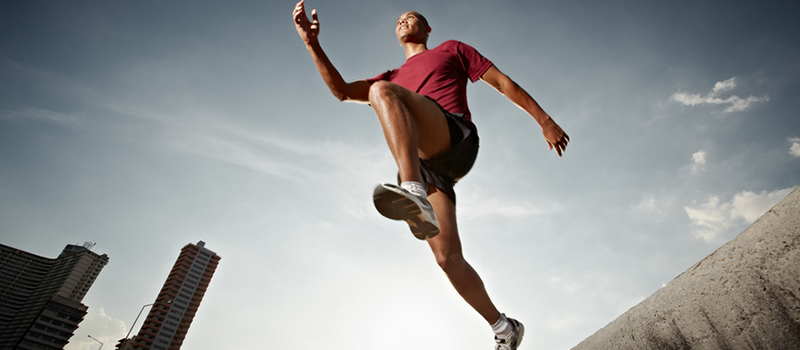Find out what aspect of your baby’s development can be applied to your fitness objective.
Does your 1-3 year old child hold the key to enhancing your long term fitness progression? Maybe!
Goldilocks and the Three Bears is a fairy tale that details, among many things, how we gain encouragement from a situation that fits to our needs perfectly (that, and how picky women can be!). Oh calm down, I’m kidding. Seriously though, too much of something and we struggle to function optimally because of its magnitude. Too little and our discontent spurs us to continuously seek gratification.
When it comes to movement and physical performance, you should push to find the challenge that has enough stimulus to keep you engaged without overwhelming your physical competence. Commonly referred to as the “goldilocks principle”, movement culture dubs this as the edge of ability and it serves as the most powerful way to explore motor learning and physical development.
Barring any congenital defects or major health issues, every human will learn how to stand and walk on two legs. This occurs organically because the lack of communication skills prohibits any traditional instruction; mom and dad cannot tell you how to stand up and locomote.
A defining achievement that precedes more important experiences, walking is the prom queen of gross motor skills and rightfully deserves all the attention it receives. But if you have ever spent an appreciable amount of time around infants you will notice they are big failures for such tiny things! They will fail repeatedly in their attempts to walk over the course of 11-13 months. With Terminator-like perseverance they continuously get up after every fall to try again and again until one day, by George, they get it (and mommy and daddy will never sit down again)!
Babies tip-toe past their edge of ability (hence all the falling) but with every fall their brain and body are learning something new. By incorporating small inflections of a new strategy each attempt they progressively work to successfully achieve their movement goal.
There is much we can take away from observing the natural learning environment of a developing child. They are connected to the experience, they persevere, they adapt, they learn, they succeed. Our adult brains are disengaged, distracted, stubborn, cynical, and accepting.
It is ironic that we are seemingly born without a fear of failure. As our emotional connections deepen and our social structures take shape we become embarrassed, frustrated, and shy away from most experiences outside our comfort zone. We shouldn’t fear failure but embrace it is an opportunity to learn and get better. It is, after all, one of our original teachers.
Let us help you persevere, adapt, learn, and succeed! Talk to us or call us at 469-619-7499
